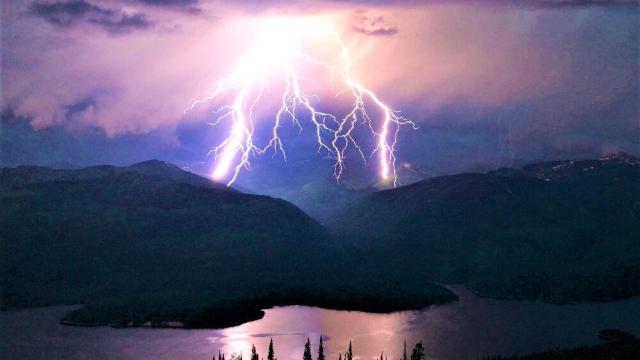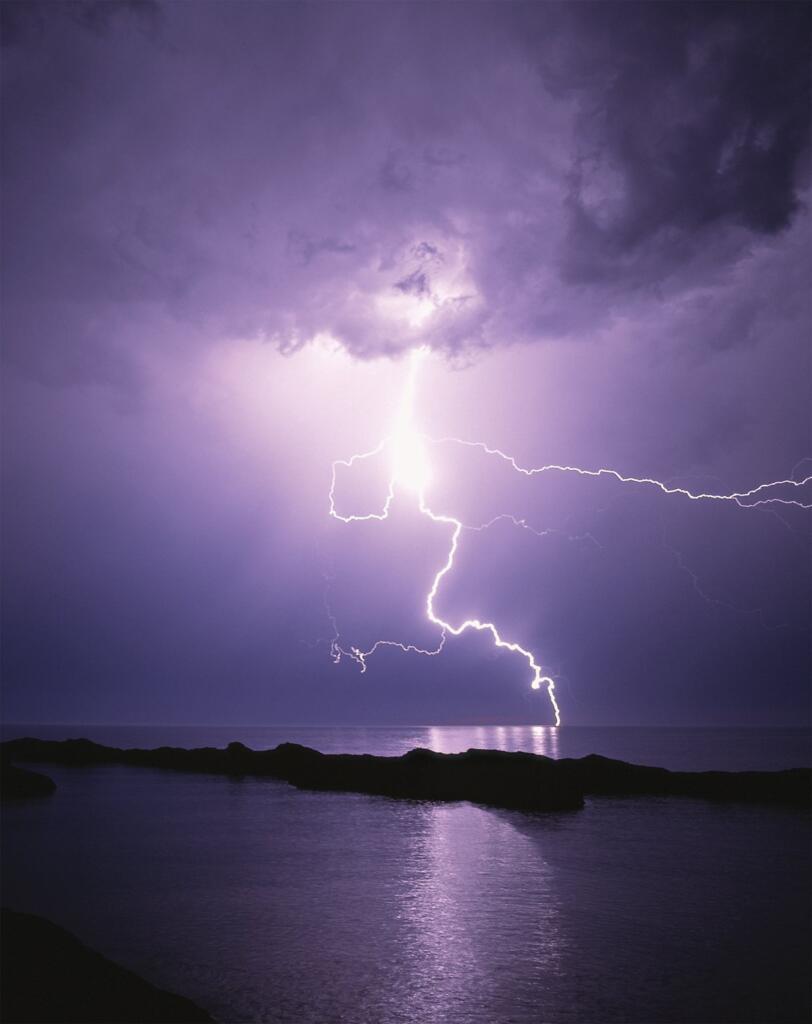
In part due to climate change, extreme weather is increasing across the world. As a result, heavier rains and high winds directly affect freshwater systems. Since we spend a lot of time outdoors at the lake, it’s crucial to know what to do when encountering these extreme conditions. To make it easier, we compiled a few basic rules to help you stay safe in inclement weather at the lake.
Thunder and Lightning
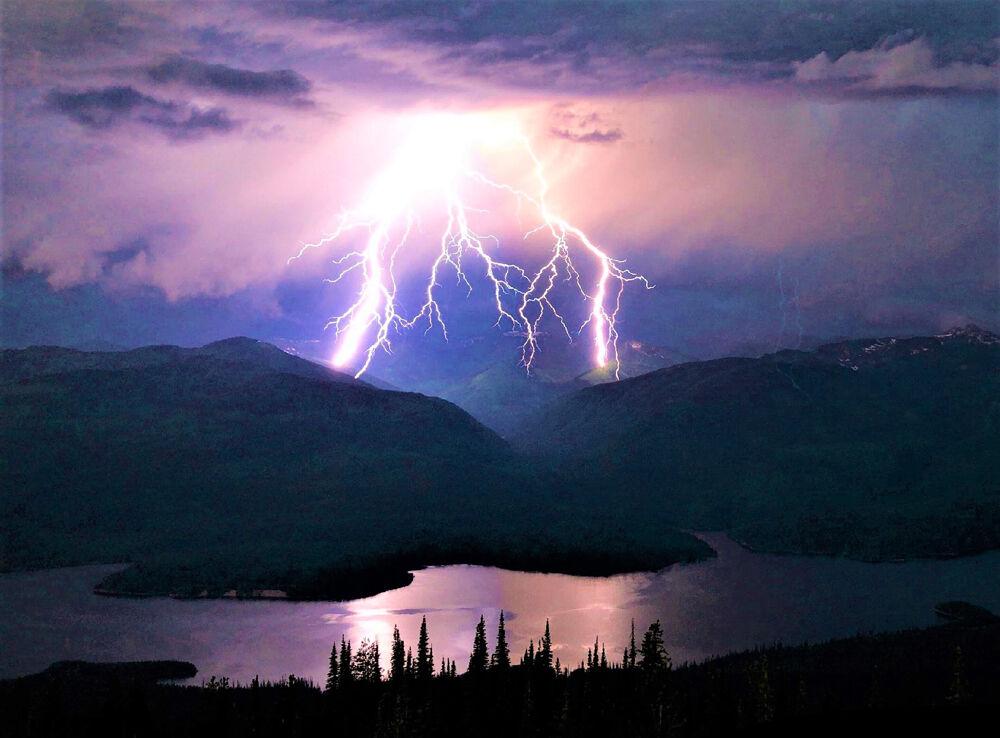
According to the CDC, the optimal rule for this type of inclement weather is: “When thunder roars, go indoors!” It’s no wonder why. Where thunder is, lightning is not far behind, which is dangerous or even fatal. To protect yourself from thunder and lightning at the lake, keep the 30-30 rule in mind. If you see lightning, count to 30. If you hear thunder before reaching 30, go indoors and do not go back outside until 30 minutes after the last sound of thunder.
Also, keep in mind that lightning is essentially a giant electrical blast in the sky. As such, it can travel through metal and electronic devices, and it’s best to avoid these materials during a storm. This also includes avoiding water since lightning can travel through plumbing.
High Winds
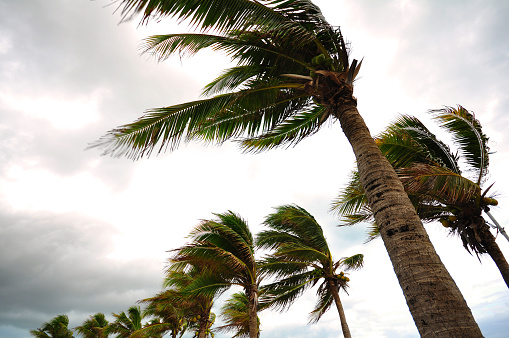
According to The Weather Channel, high winds are the biggest threat to boaters in lake areas. These winds create choppy waves that can easily overturn a boat or fill it with water. This can be especially detrimental if improper flotation devices are used. Be sure to check the weather ahead of time and avoid going out on the lake in high winds. If you do end up there, according to Boatus, “head into the waves at a slight angle, and reduce your speed. This will help you maintain control and avoid falling off of a wave or having a wave break over your stern.” Also, avoid large areas of open water as winds are likely to be stronger there. If you’re caught outside on the land, a good rule of thumb is to seek shelter next to a building.
Tornadoes
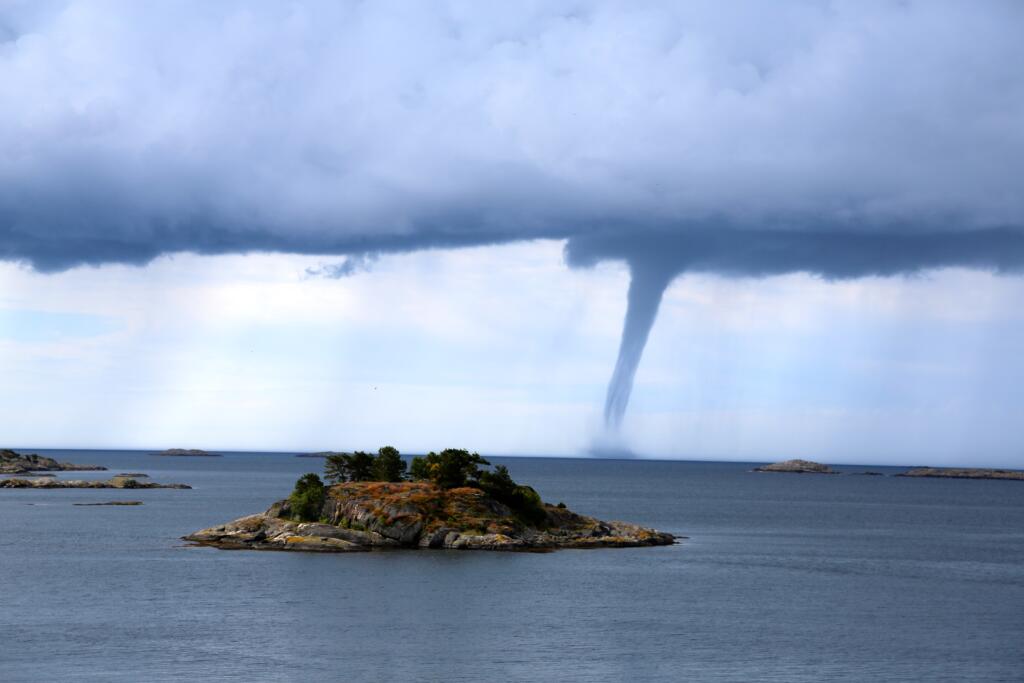
If your lake house is located in the southeast or midwest, chances are, you’re no stranger to tornadoes. These regions most commonly experience tornadoes, especially during the late spring and early summer. A common myth about tornadoes is that they cannot cross lakes or other bodies of water. However, this is simply false. Tornadoes can cross bodies of water, and they can also form on bodies of water — a phenomenon known as a “waterspout.” Tornadoes can also change directions at any time, so anticipating their specific route will not ensure safety. Seek shelter immediately during a tornado in an interior room on the lowest floor of your building.
Hurricanes
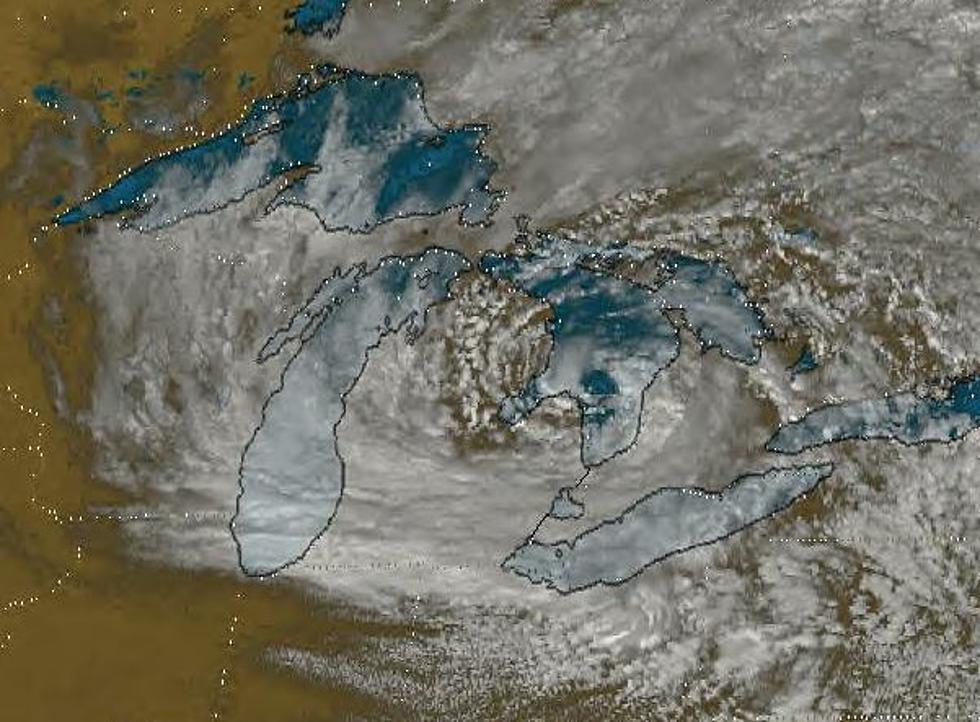
Typically, we think of hurricanes as a form of inclement weather that only affects beach houses. However, hurricanes can still be an issue if you live on a lake in a coastal region. For example, in 1996, a dangerous hurricane hit the Great Lakes region. Although this is the only time a Category I hurricane has impacted the Great Lakes, it’s not entirely out of the question. If you find yourself facing a hurricane, be sure to avoid low-lying, flood-prone areas and instead seek higher ground. And of course, staying away from windows is critical due to the threat of glass breaking.
Snow and Hail
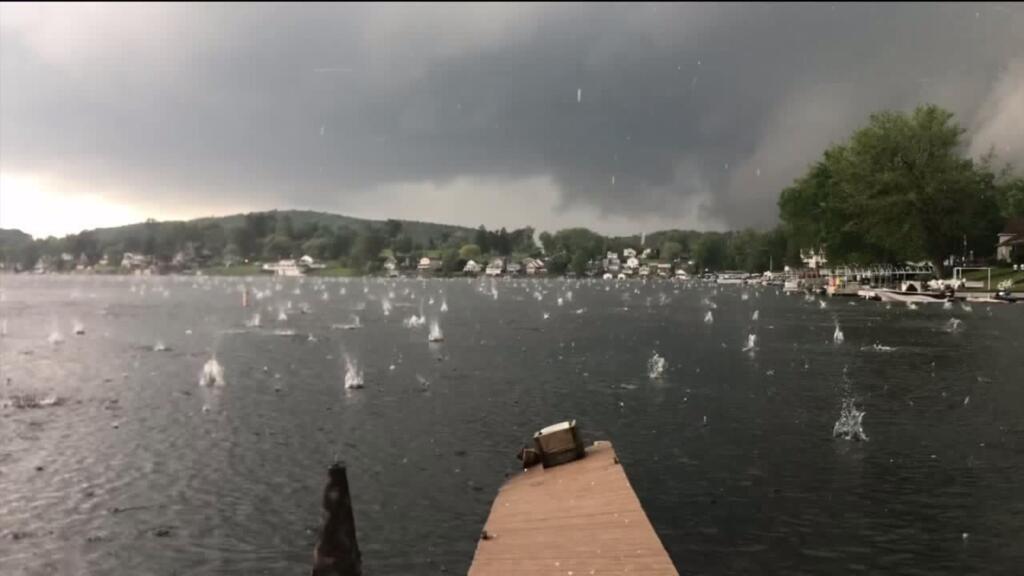
Although many forms of inclement weather take place in the spring and summer, there are certain conditions to watch out for during the winter months. To protect you and your lake home from the damage of snow, you can prepare your house by securing your pipes for the winter and owning a snow shovel and other tools. However, one often overlooked form of inclement weather is a hailstorm. They form when raindrops are carried upwards by thunderstorm drafts.
According to the NOAA, hailstorms outnumber thunderstorms in the U.S. with a 5 to 1 ratio. At a lake house, the best thing to do is take cover. Another important thing to remember is that if you have a garage, use it! Vehicle damage is very common with hailstorms, as these heavy balls of ice can easily break through glass. For the same reason, stay away from windows in your lake house.
From us at Lake Homes Realty, stay safe out there!

